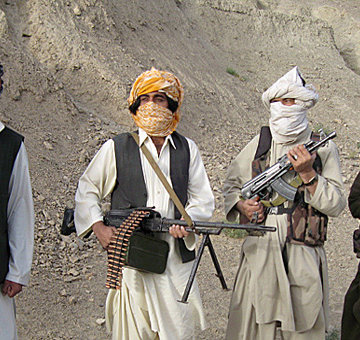- About
- Topics
- Story
- In-Depth
- Picks
- Opinion
- News
- Donate
- Signup for our newsletterOur Editors' Best Picks.Send
Read, Debate: Engage.
No segment of the Afghan society has been left immune to the rages of war, and within this forgotten war democracy is on the hit list of the militants.
It is usually the Presidential elections that comes under attack. However, witnessing the ferocity with which polling registration for the scheduled October elections are targeted – which are only for the district councils, and the Wolesi Jirga (lower house of the parliament with limited powers) – one can only fear for the worst to come as the war-torn nation enters elections season.
The UN Assistance Mission in Afghanistan has documented as many as 23 election-related security incidents since voter registration began on 14 April, ahead of parliamentary elections. These evidently targeted attacks, claimed both by the Islamic State and the Taliban, have resulted in 271 civilian deaths and injuries.
The UN report details how some 75 percent of the security incidents have taken place at schools or mosques, which are doubling-up as election-related facilities. The report also describes allegations of intimidation of staff within these facilities and those seeking to take part in the vote.
Following President Mohammad Ashraf Ghani’s generous offer at the Kabul Process International Conference to the rebels early this year, there were many promising signs of the Taliban coming to the negotiation table.
Yet after the deadly air strike by the government forces on a religious school, causing multiple civilian casualties in a Taliban-controlled part of Dasht-e-Archi district in Kunduz province, only shattered hopes for a peaceful change remains in reignited fire of war.
All sides involved in the destruction of this beautiful country are long-due for a sincere apology to the Afghan nation for the sufferings they have caused, and the Kabul government under President Ghani may well lay the foundation for such progressive culture of self-accountability, with an apology over Kunduz blunder.
